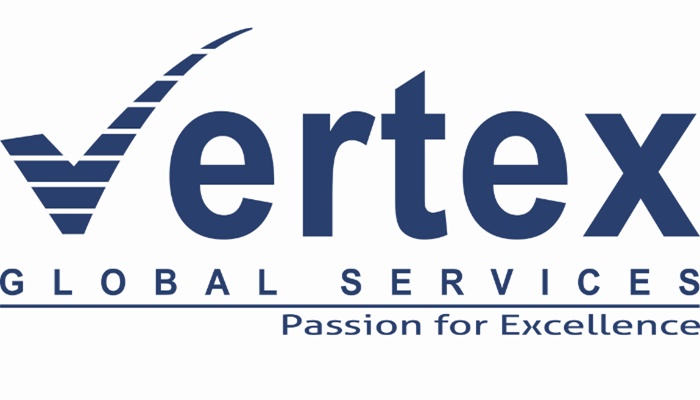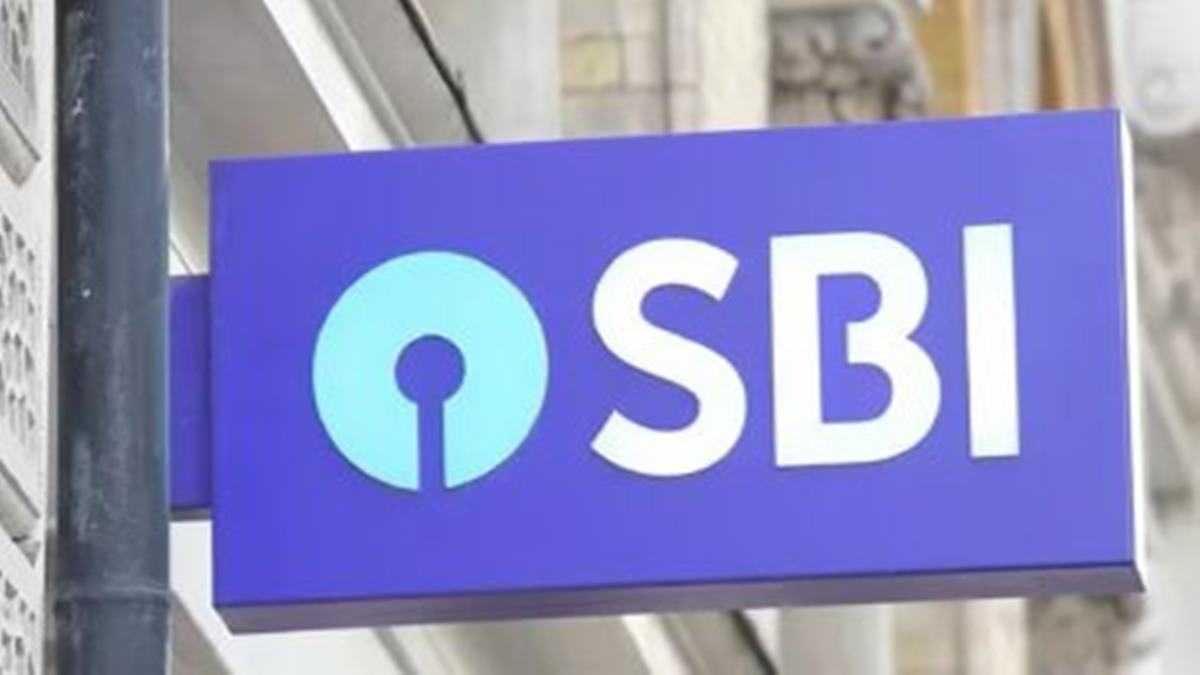Chartered accountants are seeing an increase in the number of employers making enquiries about restructuring pay packages to offer corporate National Pension System (NPS) to their employees and the latter, too, now seem more keen to sign up.
“This April, we have received more enquiries from corporates who want to restructure their employees’ salaries to offer corporate NPS. Employers and employees are looking to restructure CTC (cost-to-company) packages to incorporate NPS as part of flexi benefits component,” says Bhavesh Shah, senior partner with Mumbai-based chartered accountancy firm Hasmukh Shah & Co LLP (HSCo), which manages the payroll processing of close to 50 corporates.
Corporate NPS deduction
This is primarily because this is one of the few exemptions available under the new tax regime and employees want to use it to reduce their tax outgo. Section 80CCD (2) of the Income-tax Act, 1961, offers a tax break on your employer’s contribution of up to 14 percent of your basic and dearness allowance, if any, to your NPS. While this is not a new provision, opting for the scheme will help many become eligible for the tax rebate on incomes of up to Rs 12.75 lakh (including standard deduction for salaried employees).
“Special allowances are taxable, so we have now seen employers restructuring salary packages to convert a portion of this into corporate NPS contribution, which helps employees reduce their taxable income and tax outgo,” says Mayank Mohanka, founder-director, TaxAaram.com. For example, assuming that your gross taxable salary is Rs 13.7 lakh, out of which basic pay is Rs 6.85 lakh, your taxable salary will fall within the income level eligible for the tax rebate limit announced in Budget 2025.
“Since the deduction is 14 percent in the new regime against 10 percent under the old structure, it could lead to a change in employee behaviour. Those earning between Rs 12.75 lakh and Rs 14 lakh could opt for corporate NPS so that their taxable income falls below the rebate threshold,” says Naveen Wadhwa, vice-president, Taxmann.
New regime has a clear edge
As expected, most employees seem to have realised that the old regime has lost its sheen and are porting to the new regime this year.
“Only those who are paying a rent of, say, over Rs 85,000 per month (and claim tax breaks on house rent allowance or HRA) have an incentive to stick to the old tax regime. Other salaried clients have switched to the new regime while filing their proposed investment declaration this year,” says Mohanka.
Put simply, the old tax regime will be beneficial to taxpayers with salaries of over Rs 24 lakh who claim tax deductions of more than Rs 8 lakh (not including standard deduction). Given that HRA does not have an ad-hoc upper limit, it is the only tax benefit that will help you go past this mark. To be sure, this break-even point of Rs 8 lakh will be much lower for those with taxable incomes of less than Rs 24 lakh. “For employees in the lower income bracket, the choice is fairly clear, thanks to the rebate for incomes of up to Rs 12 lakh. For high earners, HRA is the key deciding factor. Those who have been making substantial donations will also have to evaluate the two regimes carefully,” says Wadhwa.
Now, popular deductions such as Rs 1.5 lakh under Section 80C (tax-saver investments), Rs 75,000 under Section 80D (health insurance premiums for self and elderly parents), deduction on home loan interest paid (Rs 2 lakh) and Rs 50,000 under Section 80CCD(1B) on own NPS contribution will not be enough to meet this ‘target’. However, those who are also repaying their children’s education loans (Section 80E) or are taking care of their disabled dependents (Section 80DD) could also potentially be able to claim higher tax benefits.
Besides these segments of employees, most taxpayers will find that their tax outgo is lower under the new tax regime.
Paying rent to parents to claim HRA? Be cautious
With the tax rebate limit being raised to Rs 12 lakh (plus Rs 75,000 standard deduction for salaried employees and pensioners), some employees may be considering increasing the rent they pay their parents, for instance. That is, while employees choose the old tax regime, parents can pick the new framework. “Paying rent to parents if you are living in their house is a legitimate exercise. You can claim tax benefits on HRA in such cases, and the amount will be considered the parents’ income,” says Chirag Chauhan, a Mumbai-based chartered accountant.
However, if you are contemplating drastically increasing this rent amount as the rebate limit has gone up, you need to think again. “If there is a significant variation between the deductions claimed last year and this year (likewise, in the income declared by your parents during the period), you could invite the income tax department’s scrutiny under Section 143(3). It is best to always follow the rules in letter and spirit,” he adds. Also, it is best to ensure that you have a registered rent agreement in place, along with rent receipts.




















